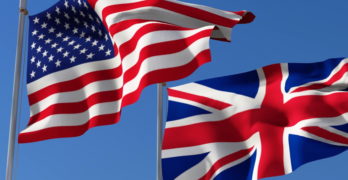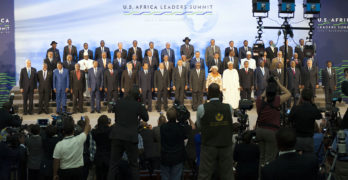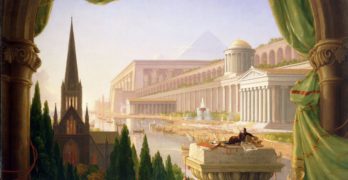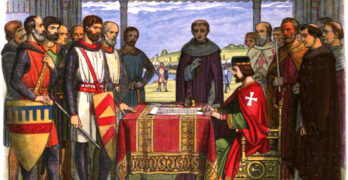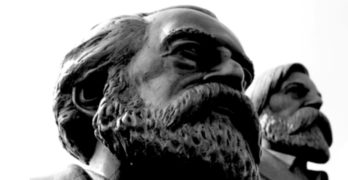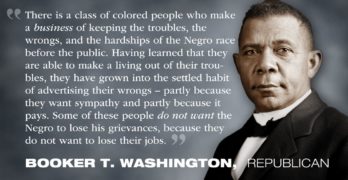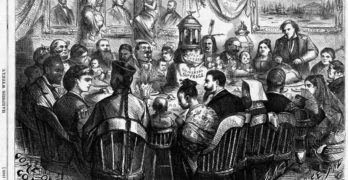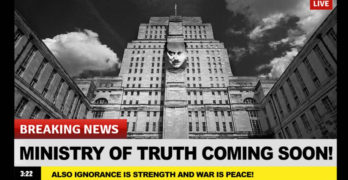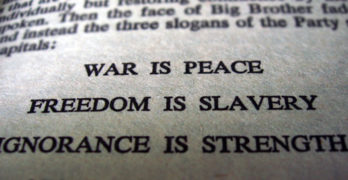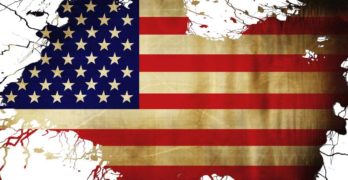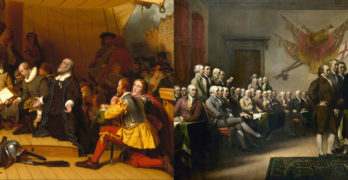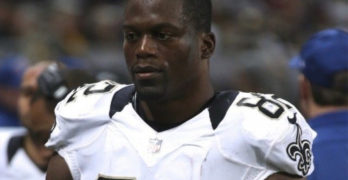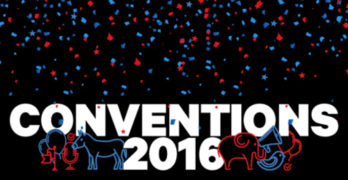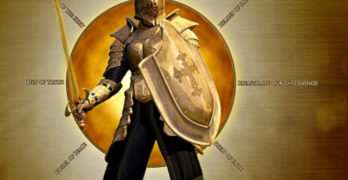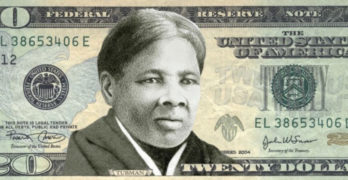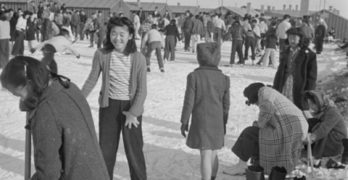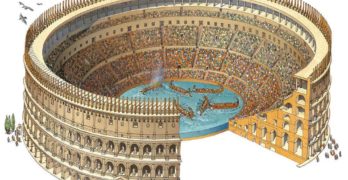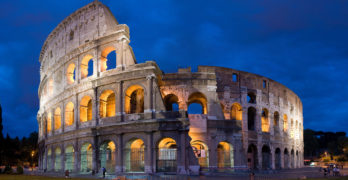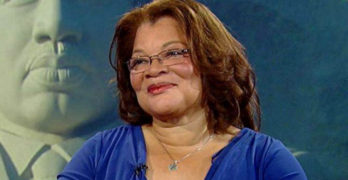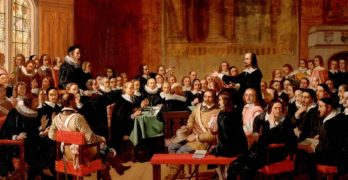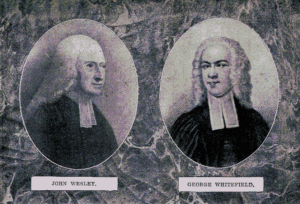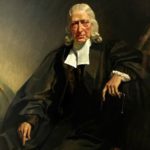 Wesley’s only standard of truth was the Bible. Not that he read nothing else, but he assessed all else by the Bible. The Bible was John Wesley’s constant yardstick. He was content that his preaching should stand or fall by the test of Scripture. If anyone could show that what he said was contrary to the revelation, he was quite prepared to alter it. He used to say:
Wesley’s only standard of truth was the Bible. Not that he read nothing else, but he assessed all else by the Bible. The Bible was John Wesley’s constant yardstick. He was content that his preaching should stand or fall by the test of Scripture. If anyone could show that what he said was contrary to the revelation, he was quite prepared to alter it. He used to say:
Here then I am, far from the busy ways of men. I sit down alone: only God is here. In His presence I open, I read His book; for this end, to find the way to heaven. Is there a doubt concerning the meaning of what I read? Does anything appear dark and intricate? I lift up my heart to the Father of Lights: “Lord, is it not Thy Word “If any of you lack wisdom, let him ask of God, that giveth to all men liberally, and upbraideth not; and it shall be given him.”Thou hast said, “if any be willing to do Thy will, he shall know.” I am willing to do, let me know Thy will.” I then search after and consider parallel passages of Scripture, comparing spiritual things with spiritual.” I meditate thereon with all the attention and earnestness of which my mind is capable. If any doubt still remains, I consult those who are experienced in the things of God; and then the writings whereby, being dead, they yet speak. And what I thus learn, that I teach.
John Howard who was a zealous disciple of John Wesley reformed the British prison and made sure that his fellow men were being treated in more dignified manner. Most of his personal fortune was expended in reforming the prison system and it became more humanized, with the penal code also reformed. Before this Great Awakening education in Britain was in great decline. Many people both children and adults could not read. But when the revival came, the spiritual awakening spread to many areas of the country, people longed to read and study the Bible.
This led people to crave for spiritual knowledge, instruction and teaching, and John Wesley made sure that people had access to Bible literature by instructing thousands of his disciples to read and he also used the printing press to supply them with good Christian literature. Wesley’s teachings had a great influence that parents desired that their own children would be educated. This resulted in an increase of schools and other learning centers.
Sunday schools were introduced which taught reading and writing as well the knowledge of the Bible. It is reported that John Wesley found these schools springing up everywhere he went. King George III, who also promoted revival, gave the movement a further boost when he reportedly said: “It is my wish that every poor child in my dominion shall be taught to read the Bible.” This movement grew nationally and internationally. The children were also set free from being employed as child-laborers in the factories by Lord Shaftesbury’s Factory Act in 1847, this made it possible to be instructed and educated as intelligent, useful and happy citizens in a Christian State.This Great Awakening led men to obey the greatest commandments which are:
To love the LORD your God with all your heart, with all your soul, and with all your mind. And to love your neighbor as yourself. On these two commandments hang all the Law and the Prophets.” (Matthew 22:36-40 NKJV)
The revival of George Whitefield and John Wesley emphasized the equal and priceless value in the sight of God of every person, and the way we would treat each other as individuals made in the image of God. Men like William Wilberforce, Zachary Macaulay, Henry Thornton, John Venn, and many others fought for the abolition of slavery, and were infused with power from on high to carry out these courageous acts.
It was the motivation of people to choose godliness which saved Britain according to some historians, from a civil war. Not forgetting that across the Atlantic, Abraham Lincoln called “the Civil War God’s punishment for the sin of slavery, and the presidency, an office that drove him to his knees “by the overwhelming conviction that he had nowhere else to go.”





